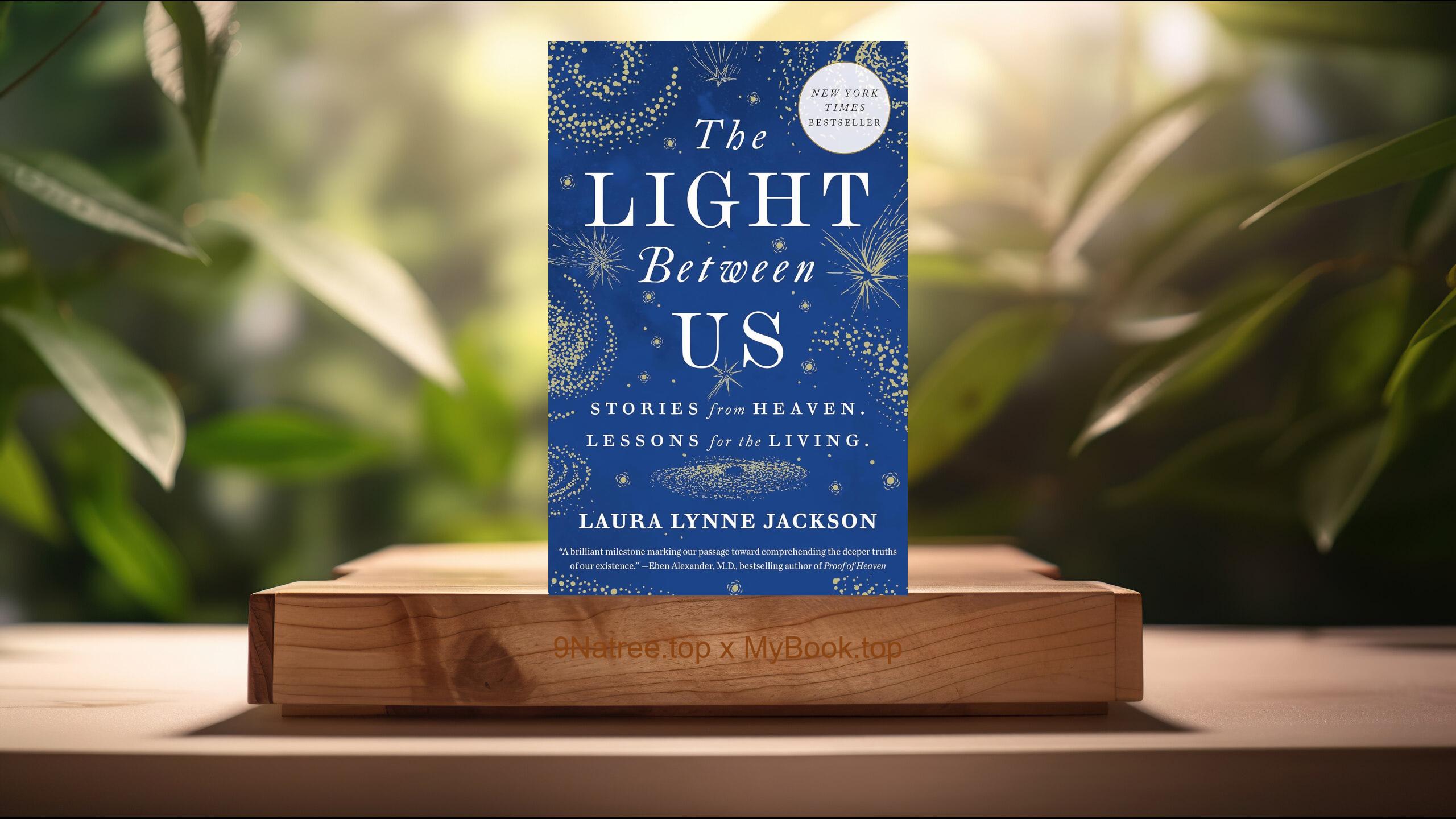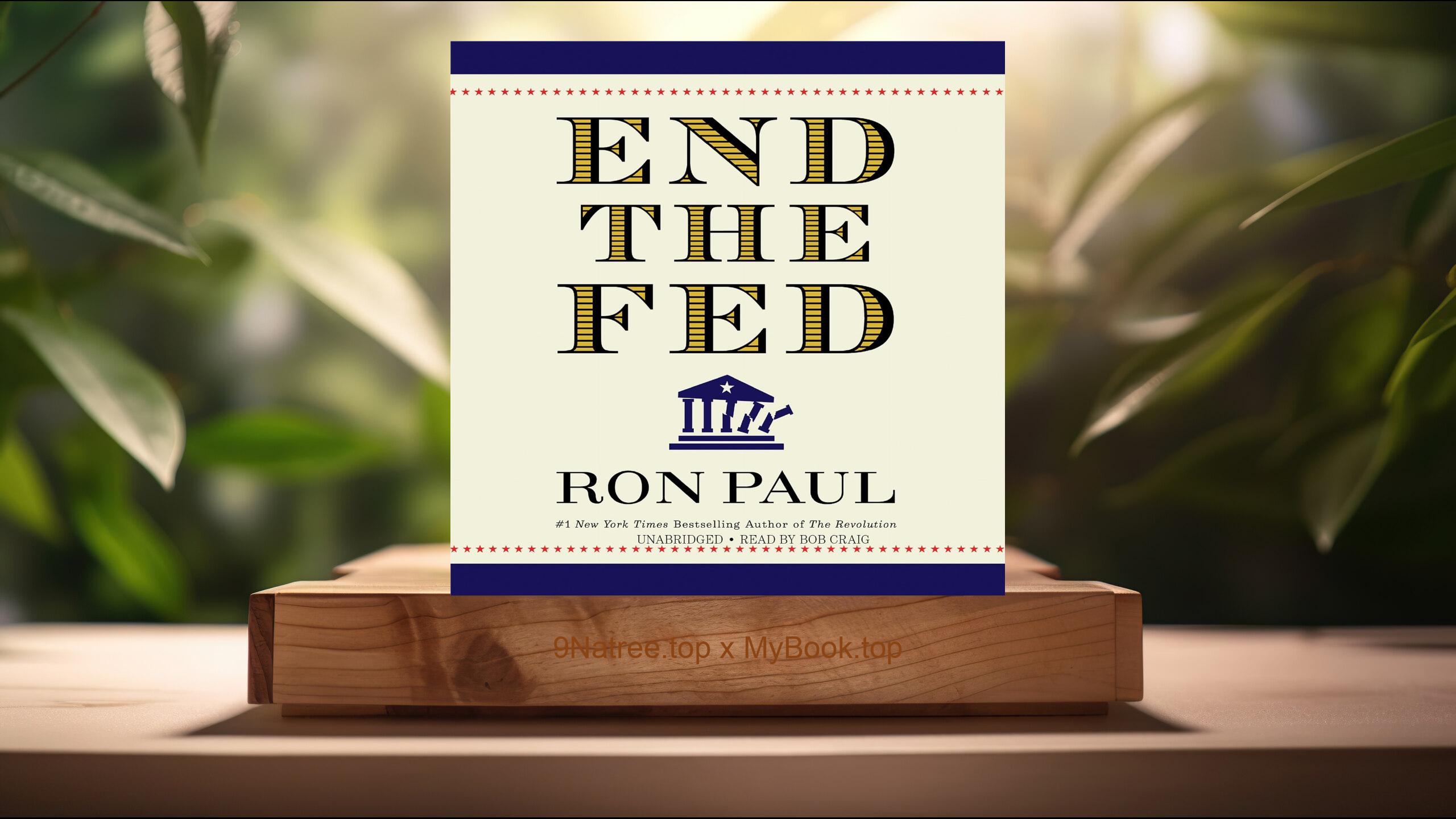Show Notes
- Amazon USA Store: https://www.amazon.com/dp/B00U6SFUSS?tag=9natree-20
- Amazon Worldwide Store: https://global.buys.trade/The-Alchemist-Paulo-Coelho.html
- Apple Books: https://books.apple.com/us/audiobook/the-alchemist/id1441504888?itsct=books_box_link&itscg=30200&ls=1&at=1001l3bAw&ct=9natree
- eBay: https://www.ebay.com/sch/i.html?_nkw=The+Alchemist+Paulo+Coelho+&mkcid=1&mkrid=711-53200-19255-0&siteid=0&campid=5339060787&customid=9natree&toolid=10001&mkevt=1
- Read more: https://mybook.top/read/B00U6SFUSS/
#TheAlchemistsummary #PauloCoelhoanalysis #PersonalLegendmeaning #spiritualfictionbook #selfdiscoverynovel #inspirationalliterature #SouloftheWorldconcept #followyourdreamsbook #TheAlchemist
These are takeaways from this book.
Firstly, Personal Legend and the pursuit of dreams, At the heart of The Alchemist is the concept of a Personal Legend, the unique destiny each person is called to fulfill. Santiago’s journey begins when he chooses to follow his recurring dream about treasure near the Egyptian pyramids. Coelho uses Santiago’s decision to leave shepherding and venture into the unknown as a metaphor for the courage needed to pursue genuine aspirations. The narrative stresses that many people abandon their Personal Legend due to fear, comfort, or the opinions of others. Through trials and setbacks, Santiago learns that the universe conspires to help those who commit fully to their dreams, but only when they take concrete action. The book suggests that ignoring this inner call leads to regret and spiritual stagnation. By dramatizing one young man’s choice to follow his dream despite uncertainty, Coelho invites readers to identify their own Personal Legend and to recognize that every step, including mistakes, is part of realizing that deeper purpose.
Secondly, The Language of omens and listening to the heart, A central theme in The Alchemist is learning to read the language of omens, the subtle signs and synchronicities through which life communicates guidance. Santiago’s path is shaped by seemingly chance encounters, unusual coincidences, and intuitive feelings. Mentors such as Melchizedek, the king of Salem, teach him to notice these signals and trust them. Coelho portrays the world as a living, responsive system in which our inner state and outer events reflect one another. As Santiago learns to listen to his heart, he discovers that intuition is not irrational but a deep form of wisdom that connects him to a larger order. The story encourages readers to pay attention to meaningful patterns, gut feelings, and recurring messages rather than dismissing them. This theme reframes everyday experience as full of guidance if we are attentive. It also suggests that doubt, fear, and noise can drown out the heart’s voice, making self-knowledge and inner quiet essential for navigating life’s choices.
Thirdly, The Soul of the World and universal interconnectedness, Coelho introduces the mystical idea of the Soul of the World, a spiritual force connecting all beings and events. Through the crystal merchant, the Englishman, and the Alchemist himself, Santiago discovers that everything in existence shares a common essence. When individuals pursue their Personal Legend, they align with this universal spirit, and the Soul of the World responds by opening doors and providing resources. The book presents spirituality in accessible, non-dogmatic terms, blending elements from various traditions into a unified vision of interconnectedness. Santiago’s training in the desert, where he learns to communicate with the wind, the sun, and his own heart, symbolizes the realization that separation is largely an illusion. This theme invites readers to see their actions as part of a larger tapestry, where personal growth contributes to the evolution of the whole. It also suggests that compassion, humility, and respect for nature are not just moral ideals but practical ways of staying in harmony with the world’s deeper intelligence.
Fourthly, Love as a force that supports, not hinders, destiny, Romantic love enters the story when Santiago meets Fatima at the oasis. Coelho challenges the idea that love must conflict with personal destiny. At first, Santiago wonders whether he should abandon his journey to remain with Fatima, but the Alchemist and Fatima herself teach him that true love never asks a person to sacrifice their Personal Legend. Instead, genuine love encourages growth and supports the fulfillment of one’s calling. Fatima’s willingness to wait for Santiago, trusting that he will return, illustrates a love based on freedom, faith, and mutual respect rather than possession. This theme contrasts with the crystal merchant’s fear-driven attachment to comfort, which keeps him stagnant. The narrative proposes that relationships rooted in insecurity can trap people in half-lived lives, while relationships grounded in trust inspire courage. Through Santiago and Fatima, the book suggests that the highest form of love is not clinging but empowering the other to become who they are meant to be.
Lastly, Transformation through hardship and the true nature of treasure, Santiago’s path is marked by loss, betrayal, and disappointment: he is robbed in Tangier, struggles in poverty, and faces mortal danger in the desert. These hardships are not random misfortunes but crucibles that refine his character and deepen his understanding. Coelho shows that obstacles test commitment, strip away illusions, and reveal inner strength that would otherwise remain dormant. Each setback brings Santiago closer to self-knowledge and closer to the real meaning of his quest. The ending, where he discovers that the physical treasure is buried back in Spain near the sycamore tree where his journey began, underscores the idea that outer treasure mirrors inner transformation. The journey was necessary to change him so he could recognize and appreciate what was already close. This twist invites readers to reconsider how they define success: not simply as external wealth or achievement, but as becoming more conscious, courageous, and aligned with one’s heart. The book thus recasts failure as an essential ingredient of meaningful success.
![[Review] The Alchemist (Paulo Coelho) Summarized](https://episodes.castos.com/660078c6833215-59505987/images/2235273/c1a-085k3-7zxv752vfk4m-1wz0ae.jpg)




